Twice Boiled Water: Breaking Down the Myths

We’ve all boiled water in the kettle more than once. It's easier, it saves time, it saves energy, and it saves water. Boiling water kills off harmful bacteria and makes water safe to drink. Reboiling water is surely safe, then, right?
As with many seemingly simple everyday activities, urban legends are never far away. There are plenty of widespread claims that reboiling water is dangerous and can have detrimental effects on your health in the long term.
Like most folklore, research easily disproves these claims with scientific facts. Don't worry; reboiling water is safe. This article will explore the myths in more detail, seeing where their basis lies and why they are wrong.
Keep reading, and discover why it's safe to use twice boiled water for your morning brew!
Is twice boiled water bad for you?
You've just fired up your gooseneck kettle on the stovetop, and you're getting ready to prepare the perfect pour-over. But then you suddenly realize the water isn't fresh. You filled the kettle earlier in the day and already boiled the water once before.
You also vaguely remember hearing from a friend, or more likely, reading somewhere on the internet, that boiling water twice is terrible for your health. But we don't boil water just for a hot brew but to kill off any harmful bacteria. How, then, is it bad to reboil water?
Let's look at where this myth arises from. The answer lies in the minerals that are present in water and their potential concentration.
Minerals in water sources
Not all water is the same. Water has different mineral compositions and can taste different depending on its source and how it is treated. In the US, water is safe to drink from the tap. There's already no bacteria to worry about, but minerals do remain.
Heating water to a rolling boil does indeed kill any harmful bacteria present, but people are particularly concerned about the minerals left behind when reboiling water.
The three significant culprits are arsenic, fluoride, and nitrates. These minerals are harmful, fatal even, in large doses. Arsenic can be deadly, while scientists link nitrates and fluoride to serious long-term health conditions such as cancer.
However, these minerals are only dangerous in incredibly large doses. The reality is that your local water supply contains minuscule quantities of these minerals, in levels that are perfectly safe, negligible even.
So, if the minerals aren't dangerous, how does this play into the myth that twice boiled water is dangerous? The answer to this is found in the boiling process itself.
Evaporation and concentration
When we boil water, the water itself begins to evaporate (that's the steam you see shooting out of the kettle!) The minerals get left behind but become concentrated in a smaller volume of liquid than they were previously.
The argument is that boiling water increases the concentration of these minerals in the water. Twice boiling water increases the concentration even further (and so on). While this is true, it's also true that those concentration levels will remain negligible, regardless of how many times you boil the water.
Your local water sources simply won't have a high enough mineral content for reboiling to ever be dangerous. The harmful minerals such as arsenic might not even be present in your local water source, anyway!
While the science behind the myth technically makes sense, this theory doesn't take into account that water sources (particularly in the US) are tested regularly for contamination and are proven to be safe for drinking. There aren't any harmful chemicals to worry about, and potentially hazardous minerals aren't ever going to be present in harmful doses unless an unexpected natural or chemical disaster occurs (and you'll know about that!).
All water has some form of impurity (that's why it tastes different in different locations). If you are worried about the water quality that comes from your tap, consider talking to your water supplier or switching to bottled or filtered water (but even these aren't pure!)
So, is it safe to reboil water? Yes! Go ahead and boil the kettle more than twice. Three or four times (or more!) is perfectly safe with your local tap water.
Does twice boiled water taste different?
Okay, so we've shown that you don't need to worry about reboiling water more than twice. It's perfectly safe and will not be hazardous to your health in the short or the long term.
But what about the taste? Does boiling water affect the taste of your water? The answer to this is pretty subjective, as a lot of it depends on the type of water you're used to drinking (all water sources are going to have a slightly different flavor) and what your taste preferences are.
Personally, I’m not too fond of the flavor of certain bottled waters and tap water because I grew up drinking well water. If I do buy bottled water, I prefer spring water's flavor because it has the closest taste to well water.
So when it comes to the flavor, we leave that up to you!
If there is a difference, it will be marginal, but science does tell us that there is reason to believe that boiled water can taste different. Simply put, boiling water produces a physical change in the water. Heating the water removes certain impurities, while as we have already shown, other particles become more concentrated. The alteration in the mineral ratio in itself could change the taste for you.
More importantly, the boiling process removes oxygen molecules from the water. It's this lack of oxygen in boiled water that can affect the taste more than anything, although again, you might not notice it!
Boiling water more than once then removes more oxygen and changes the taste further. This only holds true if the water is boiled in quick succession, as leaving the water between boils gives it a chance to aerate again.
Does twice boiled water affect the taste of my brew?
You would rarely be drinking twice boiled water at home straight from the kettle unless you're concerned about the purity of your tap water. Instead, you're going to be using that twice boiled water to brew a hot drink, such as tea, coffee, or hot chocolate!
So the taste of your hot brew will most likely not be affected by boiling water twice or more.
Twice boiled water: Don’t stress!
As we concluded back at the beginning of this article, it is safe to boil water more than once. In fact, we'd even say it's super safe to drink reboiled water, especially if you're happy with the quality of your local water.
Boiling water kills bacteria and any other harmful contaminants and makes it safer to drink. And yes, while potentially harmful toxins such as fluoride might remain, the concentrations are practically negligible, leaving you without the worry of adverse effects on your body.
We think this is one myth that science easily debunks, but if you are still worried about drinking twice boiled water, it's also easy enough to refill your kettle every time you want a hot drink.
So can you reboil water? Yes! And why not bookmark our guide to twice boiled water, just in case you ever need confirmation?
1 Response
Leave a comment
Comments will be approved before showing up.
Also in Tips
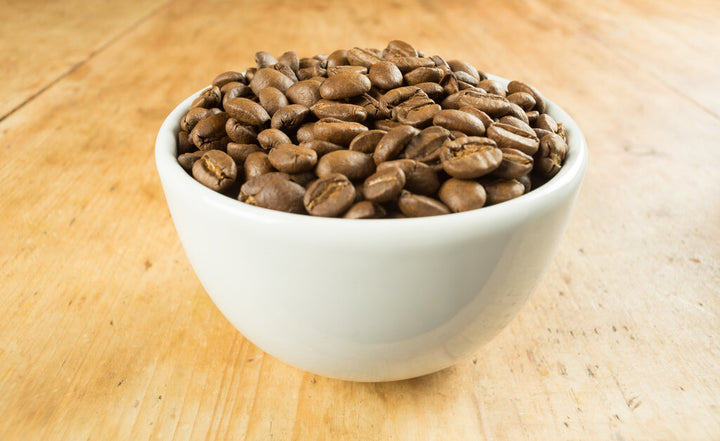

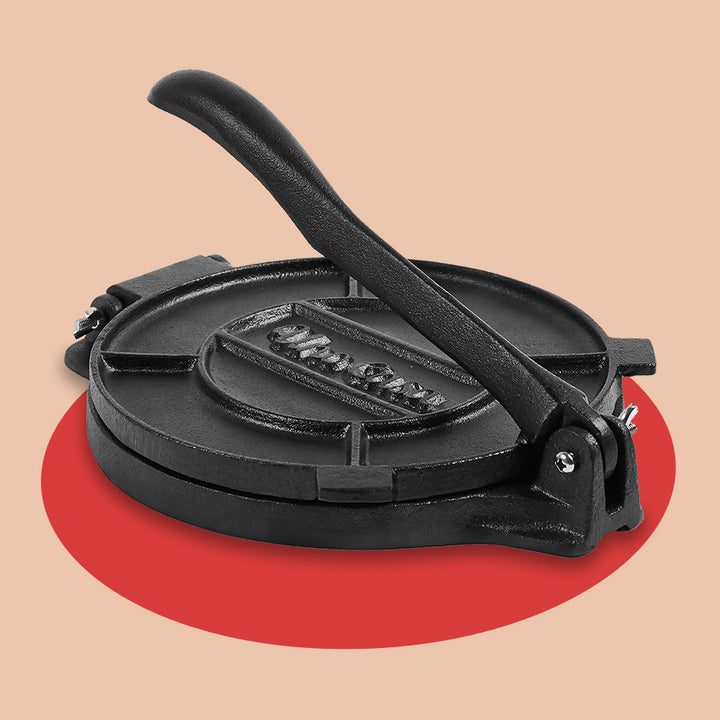
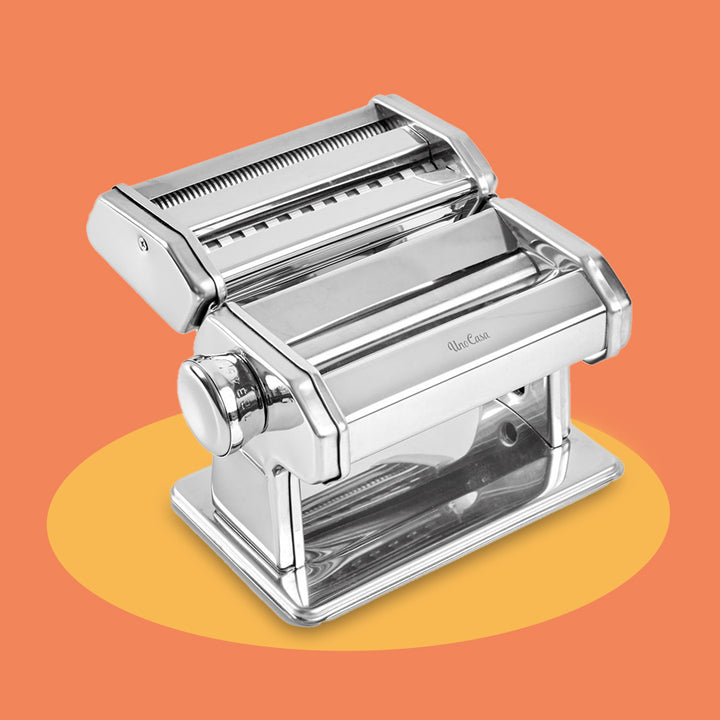
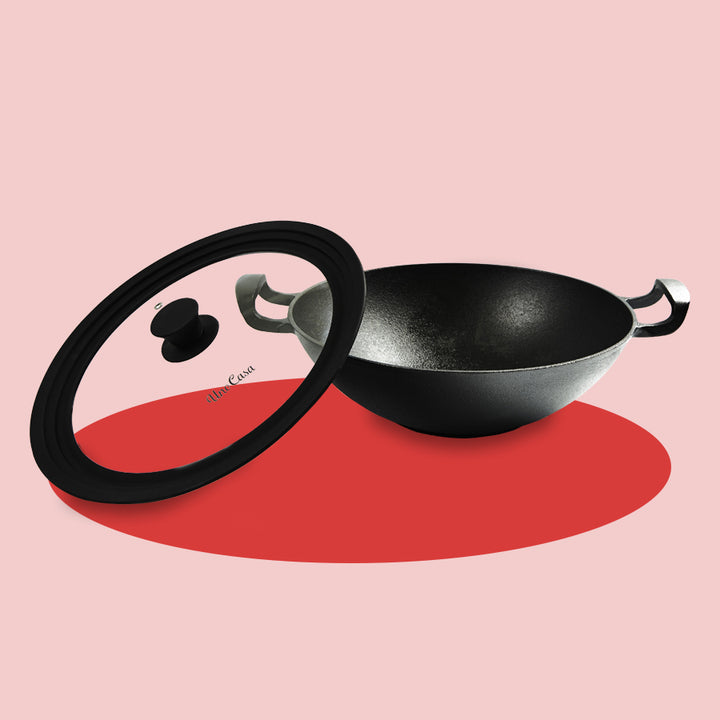
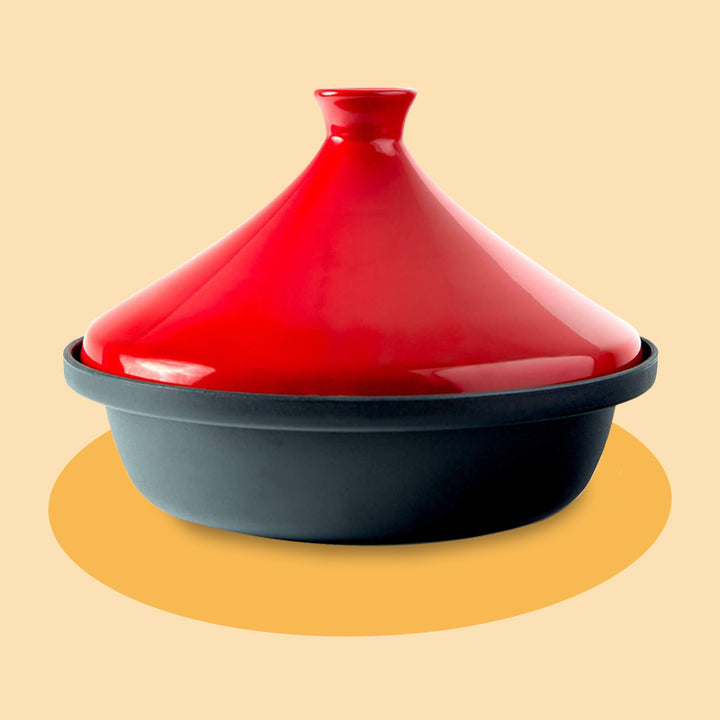
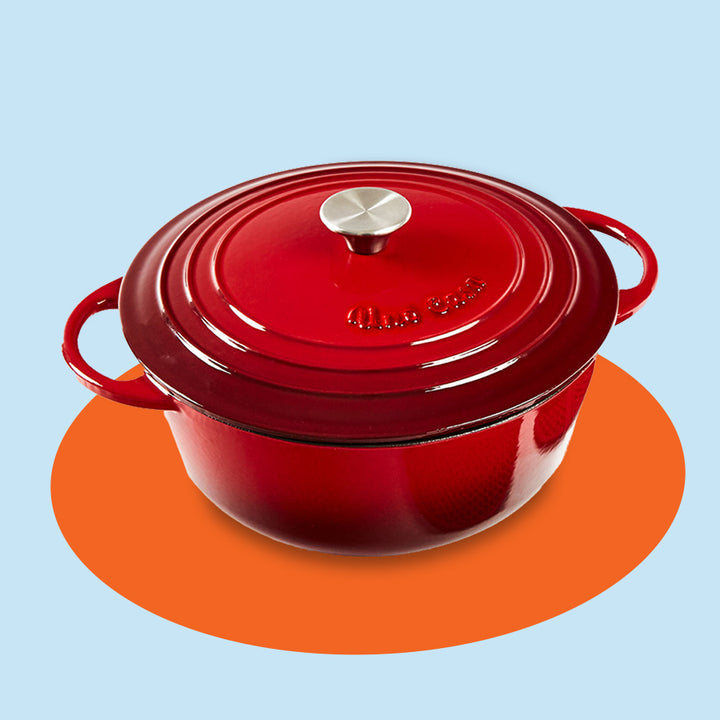


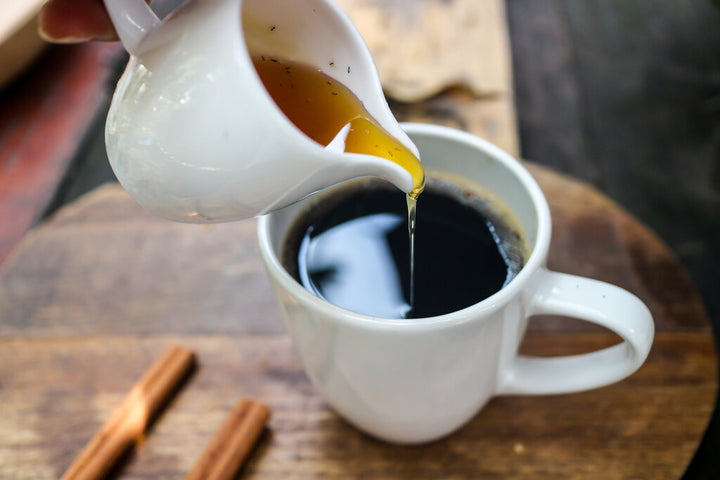
Bittu
May 03, 2021
Thanks you very much